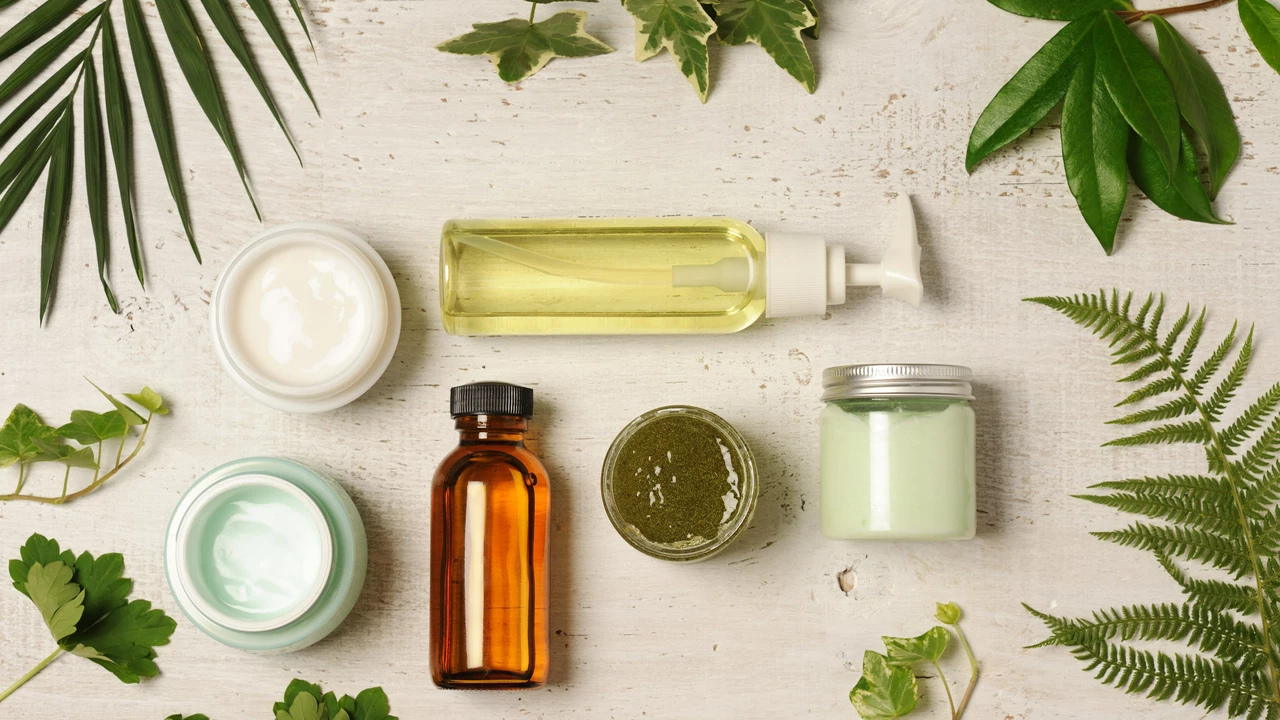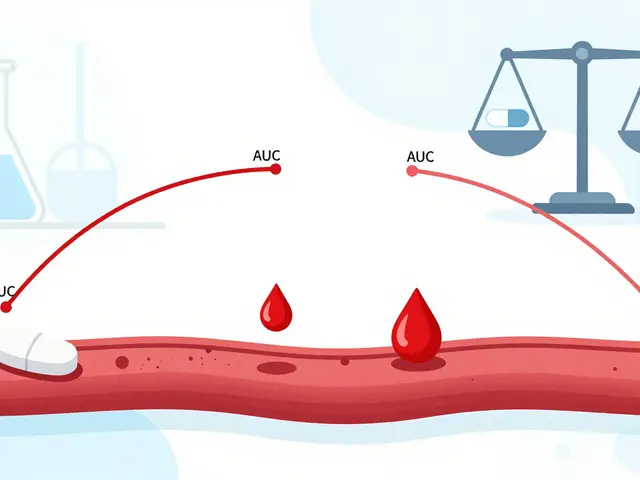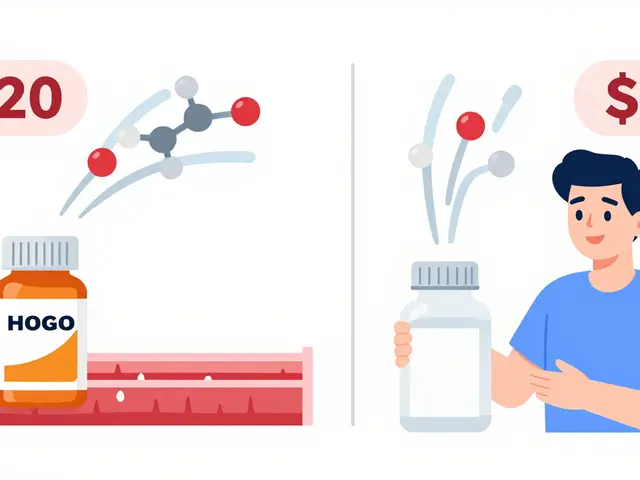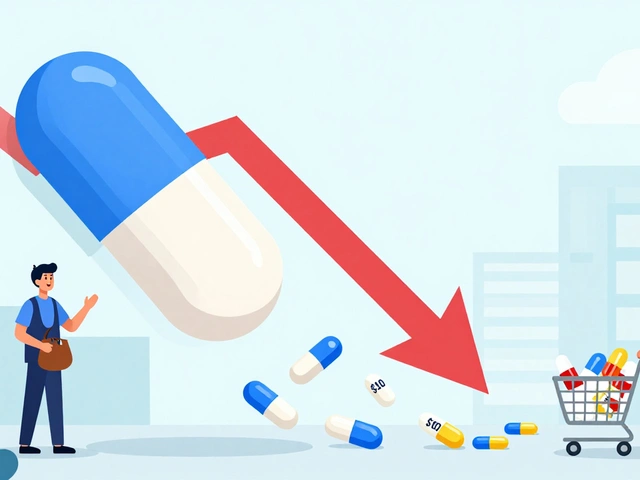Plant-derived ingredient: what they are and why they matter
Plant-derived ingredients are compounds taken from trees, flowers, roots, or leaves and used as medicines or supplements. Some are raw herbal extracts sold in capsules. Others are purified compounds used to make prescription drugs. Knowing the difference helps you avoid surprises.
Want a quick reality check? Aspirin traces back to willow bark, digoxin comes from foxglove, and paclitaxel was isolated from the Pacific yew. Those are examples of powerful plant compounds turned into reliable medicines — but "natural" doesn’t automatically mean safe.
Common plant-derived ingredients to recognize
Look out for names you’ll see on labels: St. John's wort (mood, but it interacts with many meds), echinacea (immune supplements), ginkgo biloba (circulation, but raises bleeding risk), turmeric/curcumin (inflammation, variable absorption), and kava (anxiety, possible liver risk). Some products list Latin plant names — that’s useful for clarity.
Practical safety tips before you buy or take anything
Check for drug interactions first. St. John’s wort speeds up liver enzymes and can reduce levels of common drugs like birth control, blood thinners, and some heart meds. Use an interaction checker, or ask your pharmacist — it takes two minutes and can stop big problems.
Pick tested products. Look for third-party seals like USP, NSF, or ConsumerLab. Those marks don’t guarantee benefit, but they do reduce the chance of contamination, wrong dosing, or missing ingredients.
Read the label closely. Standardized extracts (for example, "standardized to 20% curcumin") give you a consistent dose. Avoid vague claims like "proprietary blend" without ingredient amounts. Note serving size and how long a bottle should last.
Watch dose and duration. "Natural" supplements can be potent. High doses of some herbs cause side effects or interact with prescription medicines. If you’re pregnant, nursing, under 18, or on blood thinners or chemo, pause and talk to a clinician.
Buy from reputable sellers. Pharmacies and well-known retailers are safer than unknown marketplace sellers. Check batch numbers and return policies. If the price looks too good to be true, it often is.
Store properly. Many plant extracts lose strength with heat, light, or moisture. Keep bottles tightly closed, store in a cool dry place, and note expiration dates.
Keep a list. Put all supplements and herbal products on the same list as your prescriptions. Share that list with every provider you see. That simple habit prevents dangerous interactions and duplicate therapies.
Want to go deeper? Read product-specific guides and safety articles before trying something new. On this site you'll find reviews, interaction warnings, and buying tips to help you make smarter, safer choices with plant-derived ingredients.

Allantoin in natural skincare: a plant-derived wonder ingredient
In my latest blog post, we dive into the world of natural skincare, specifically focusing on the plant-derived ingredient, Allantoin. I've discovered that Allantoin, found in plants like chamomile, is a powerful skincare ingredient with a multitude of benefits. It's hailed for its moisturizing effects, ability to accelerate skin healing, and its exceptional talent at soothing irritated skin. This makes it ideal for those with sensitive or problematic skin types. In a nutshell, Allantoin is a natural wonder ingredient that could be a game-changer for your skincare routine.
View More




